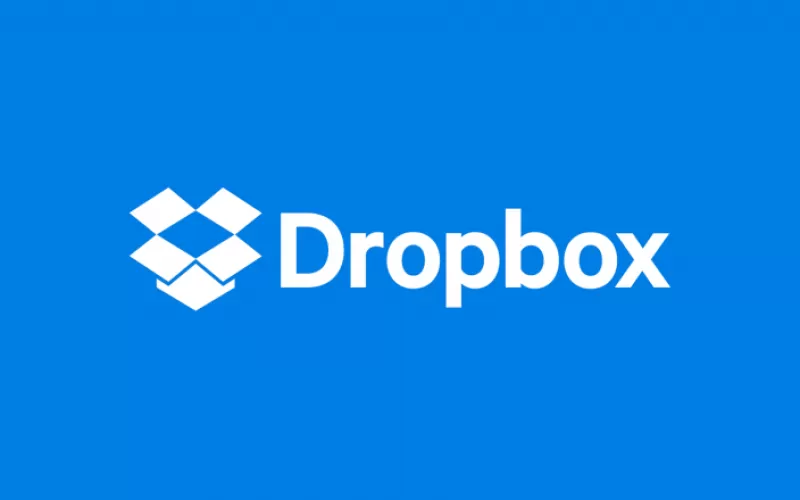Owners of free cloud storage accounts will now have to change the service or pay a rather considerable amount of money to use it.
On March 15, Dropbox suddenly changed its service rules for its users and introduced a limit on the number of devices connected to one profile in order to synchronize. The innovation made using the service around the world inconvenient.
The cloud service didn't have the most pleasant changes. Now Dropbox users will be able to connect no more than three devices for synchronization. It is worth noting that before that their number was not limited by anyone.
The innovations became effective without prior information from the creators of the cloud service. The Dropbox company noted that the majority of users suffice three devices as part of the free service. These can include a computer or laptop, a tablet and a phone, as well as a PC and two smartphones of two family members.

However, there are those users who will not be affected by the innovation. These are users who already have more than three devices connected. They will not be forced to delete devices or pay. But if such user decides to connect one more device, he/she will have to remove one of the already connected devices to free up space.
Business users and corporate clients of Dropbox will not feel any changes. Regardless of the innovations, they will also be able to add an unlimited number of gadgets to their profiles.
So, what should those who want to get back unlimited on the devices they use? Only one option - a paid service. As of today, the most affordable plan costs about $10 (about 650 rubles). There is another option - to continue using the cloud service for free through browsers, no limits are imposed on such a usage option yet.
It remains unclear what caused such a decision by Dropbox. At the moment there are 500 million registered users in the cloud, but only 12.3 million of them use the service for a fee.
Users have not reacted in the most positive way to the company's innovation. It's unlikely to have a positive impact on Dropbox's customer growth, given the variety of alternatives. To say the least. These could be Files.Mail.ru, Yandex.Disk, OneDrive, and a number of other similar cloud services.

 Русский
Русский





